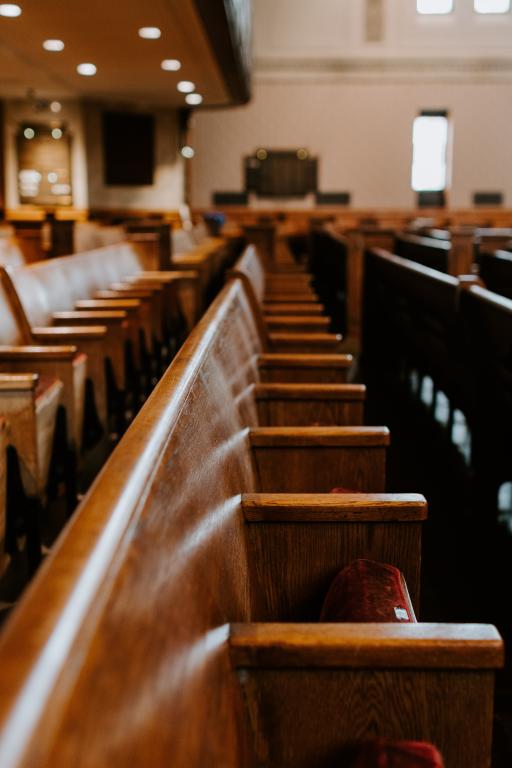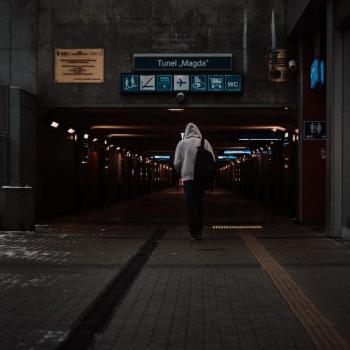With the Covid-19 lockdown of a year ago, we (the staff at the church where I serve) began having some fruitful conversations about the importance of online communities. It was clear to us that the pandemic had made virtual community-building indispensable. And, as we exit the strictures we placed upon one another, clearly, our efforts will continue.
Ironically, however, the same strictures had a way of underlining the fragility of in-person community. Our church, like every other church in America, experienced a notable downturn in participation.
Many reasons have been offered for this development. Some cite the technological challenges that people face in connecting. Some note that people are “zoomed” out. Others say that they will be back when things return to “normal.” All those things are probably true and some of those challenges are probably more acute, depending on geography and the socio-economic barriers to participation online.
That said, I have found myself wondering how much it has to do with the strength of our communities. In relatively wealthy, tech-savvy suburban communities across the country, why did people abandon the opportunities that churches across the country provided to connect with one another? Even if it involved a bit more time online, why wasn’t it an imperative for some to stay in touch? Even if virtual worship and online classes were not what any of us were accustomed to, why not avail ourselves of what we have available?
Realizing that there are notable exceptions and that many people did stay involved, could it be that participation in online communities also revealed something about the nature of our in-person communities? Without a massive study of the kind that only the Barna Group or the Lilly Foundation can manage, it is hard to be sure, of course, but I am fairly certain it does.
Looking around me, I’ve come to the conclusion that part of the problem is that the larger communities in which many of us live lack their own sense of connection. With notable exceptions in older towns and villages – and, perhaps, in rural areas – suburban communities lack the mechanisms that draw people together. The community where I live is not really a community at all. It is an infrastructure.
We enjoy an elaborate, scattered set of businesses and services, but there is no town center. There is no one place to shop for groceries, no one place to go to the post office, no coffee shop, or diner. Even where there are older, more compact town centers, the vast majority of people who live in a given zip code live at a considerable distance from those centers and feel no particular connection to the people who live there. Add to that infrastructure the ways in which the demands of our work lives and the varied activities in which our children are involved, and clearly the possibility of community becomes even more remote.
Having moved a great deal, I have also discovered that moving from suburban community to suburban community also creates an eclectic approach to life in that infrastructure. We move in and out of those infrastructures, looking for homes, the post office, a place to get our hair cut, stores to shop for groceries, schools for our children, and, of course, new churches. But rather than being the organizing center of life in communities where there are limited choices and churches are just one more choice with which we intersect from time to time.
The dynamics of suburban life present a formidable challenge to the church, but this much is clear: If the church is to become the body of Christ, where relationships with God and with one another are healed and nurtured, programmatic strategies will never be enough or have the desired effect. The clergy and staff of a church cannot do anything that will guarantee that result. The only way for churches to experience that kind of healing is for their members to give the time, energy and personal focus that makes the recreation of healing relationships possible.
But Covid-19 has called our bluff: Do we really believe our lives really depend upon it?
Photo by Kelly Sikkema on Unsplash













